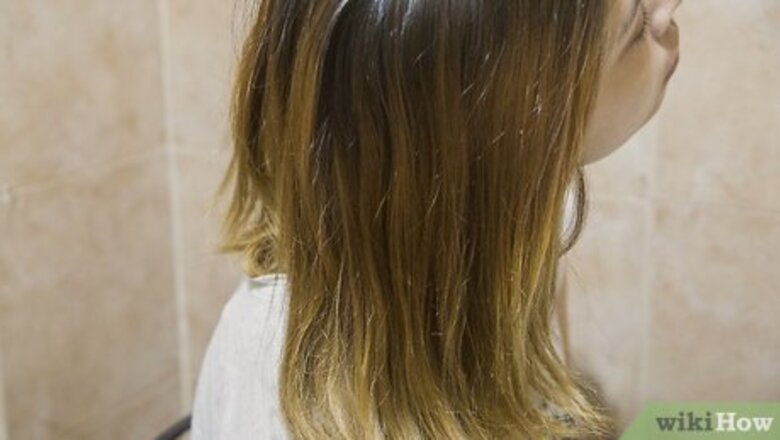
views
Using Hair Spray and a Teasing Comb
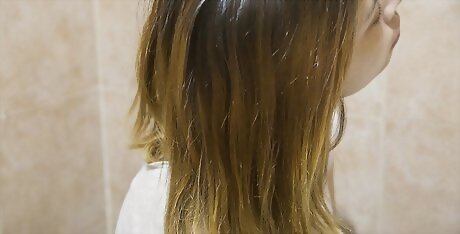
Start with "dirty hair." Hair styles are easier to achieve with "dirty" hair. Dirty hair simply means hair that has been styled previously or has not been washed for a couple of days. The reason for this is that clean hair is harder to manipulate: it can have static and slip away more easily. "Dirty" hair, on the other hand, is more pliable, has some extra texture, and has the added benefit of being free of frizziness.
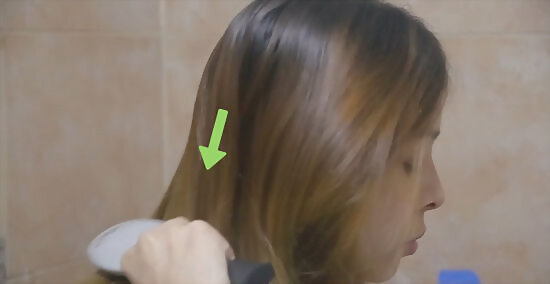
Prepare your hair. Brush your hair with a natural-bristle brush. It is softer than synthetic bristles and bends more easily, which means less hair breakage. Brush it until you're certain that it's free of tangles and snares.
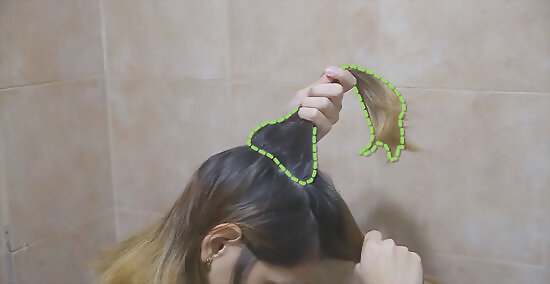
Gather your poof. Separate a section of hair at the top of your head. Trace along the "crown," where a crown or tiara would rest, and gather all of the hair in that area. Make sure that you have equal portions from both sides. Divide the section into two, with the back section containing one third of the hair. Tie off the front section with a rubber band and push it forward or bend it to the side so that it is out of the way.
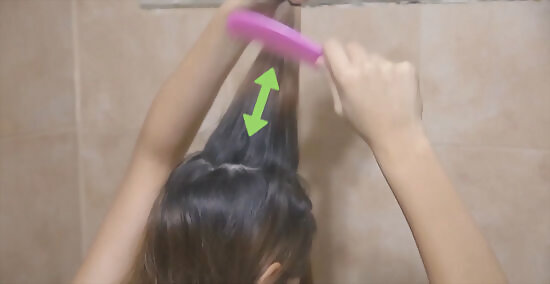
Tease the back section. Holding it straight up with one hand, tease the hair in the back section with a brisk up and down motion. Teasing creates volume, which you will need to get your poof to the perfect height. You can use almost any comb, but a thin-toothed long tail comb works best. The reason for this is that the close-set tines of the comb help you tease the hair from the roots, and the long tail makes sectioning off pieces of hair easier.
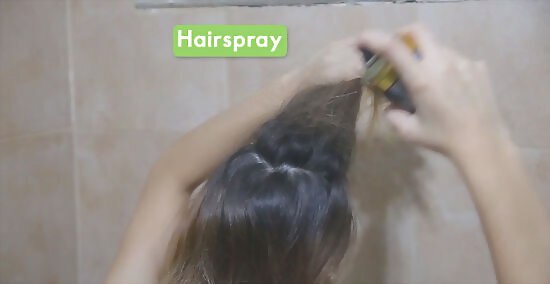
Use hairspray. Spray the front and back of the teased section of hair. Allow a couple of seconds for drying. Use a hairspray that has plenty of hold but that is also flexible. You don't want your hair to appear too stiff. Lay this section down as it becomes the base of your poof.
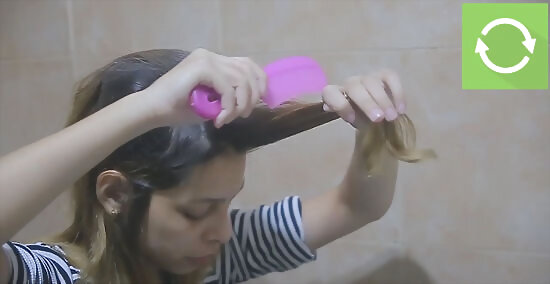
Divide the front section in two. Fasten the front section off again and move it out of the way. Repeat the previous two steps with the new back section. Keep dividing, sectioning off, teasing, and spraying until you reach the final section. Lightly tease the bottom of the final section, which should be at the front of your head. Then lay it back. You only need a light tease here because this section is thin and your other sections have already been built up. Spray it in place, then use the tail of your comb to round out the shape of your poof.
Using Rubber Bands and Bobby Pins
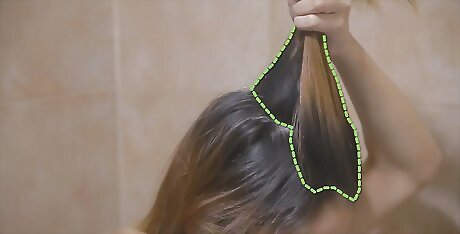
Build your poof. Gather the hair at the top of your head and separate it from the rest of your hair. Make sure that you've taken equal amounts of hair from each side. Just as in the previous method, you can imagine a crown resting on your head and grab the hair within the crown's circle.
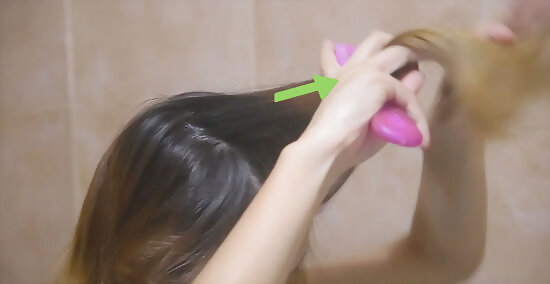
Brush the section of hair flat. This is very important for getting the perfect poof with this method. If your hair isn't flat, it won't come out right. Having "dirty hair" will help with accomplishing this, since it tends not to be frizzy or wayward, as is freshly-washed hair.
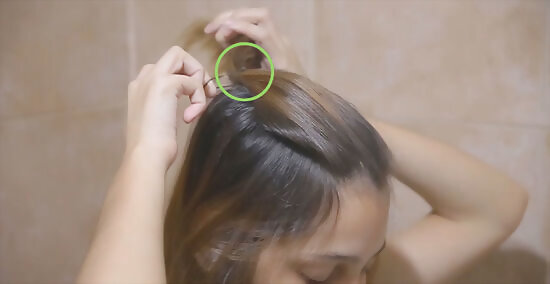
Tie the section back. Hold it back with a small rubber band. For the health of your hair, avoid rubber bands that are just bare rubber. You want at least some type of covering to shield your hair from snagging. The size of rubber band depends on the thickness of your hair. However, since you'll be working with a relatively small amount of hair, it's fine to use a smaller rubber band.
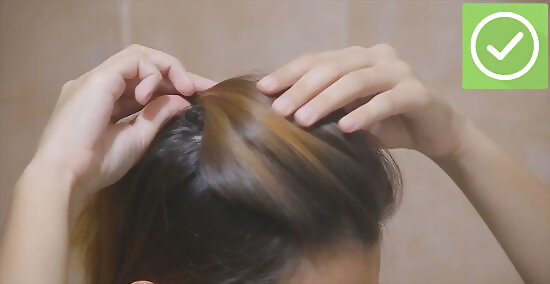
Loosen the hair slightly and push it forward. This method is great because it is very flexible. How far you push it forward depends on the size of poof you want. For a taller poof with more volume, push it farther forward. For a smaller poof, push it further back.
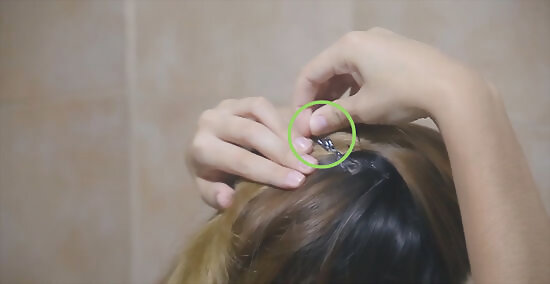
Secure your poof with bobby pins. Carefully place enough bobby pins in your hair to keep it place. After you're satisfied with how it looks, add a spritz of hairspray for a bit more hold. Finally, run a sheet of tissue paper over the top to smooth any fly-aways. Look for bobby pins that are a rough match for the color of your hair. This will make the pins less conspicuous and keep the poof the start of the show.
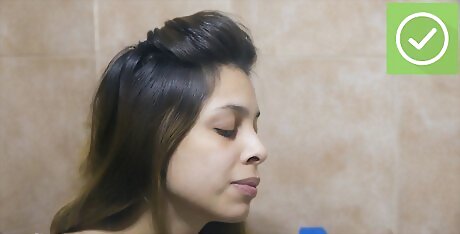
Finished.













Comments
0 comment